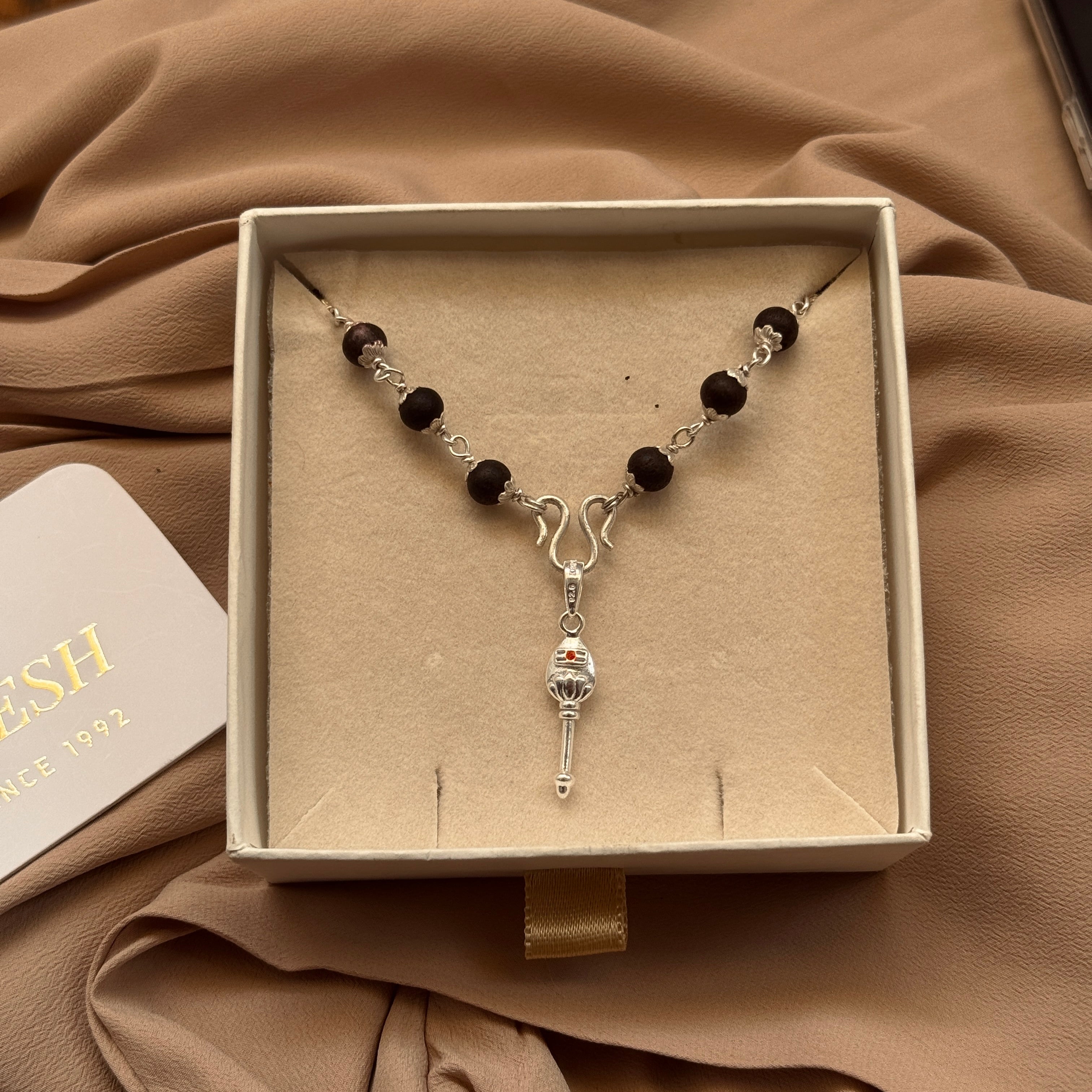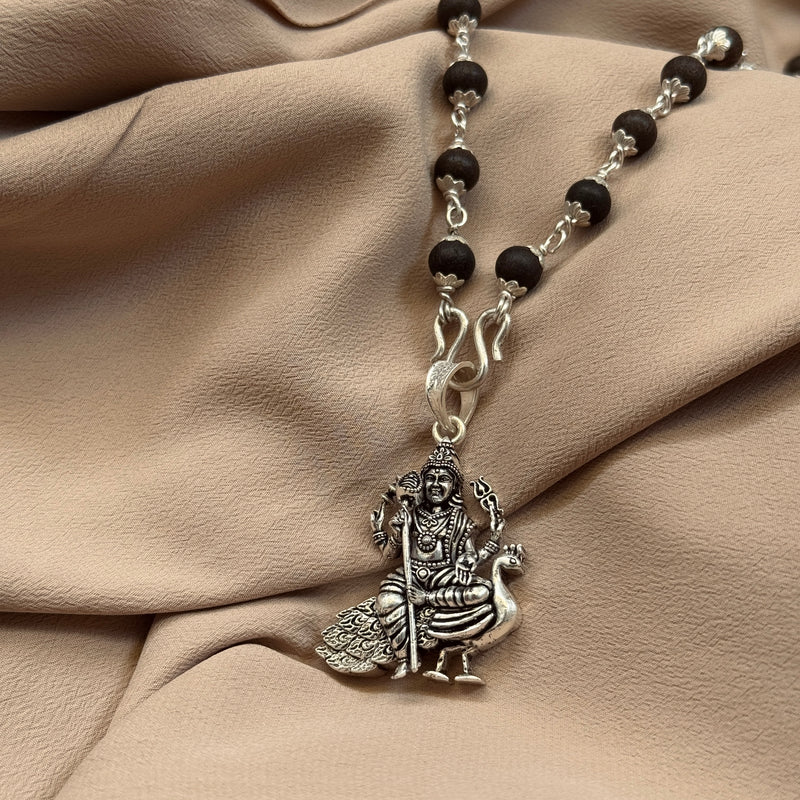In the temples that crown hilltops, the songs that echo through ancient corridors, and the hearts of millions, Lord Murugan reigns with unmatched devotion in Tamil Nadu and across South India. Known as Tamizh Kadavul (The God of the Tamils), Murugan is not only a divine figure but a symbol of language, identity, courage, and spiritual victory.
But why is his worship so deeply rooted in the southern lands of India? Let’s explore the history, culture, and spirituality that make Lord Murugan the soul of South Indian devotion.
Who Is Lord Murugan?
Lord Murugan—also known as Skanda, Kartikeya, Subramanya, or Shanmukha—is the son of Lord Shiva and Goddess Parvati, and the commander of the celestial armies. Born to defeat the demon Surapadman, he embodies divine courage, youth, and wisdom.
His primary weapon, the Vel (spear) gifted by Parvati, symbolizes his ability to pierce through illusion, ego, and darkness.
The Tamil Connection: Tamizh Kadavul
Murugan’s deep connection to Tamil culture is both ancient and profound:
1. Earliest Mentions in Tamil Sangam Literature
-
He is one of the oldest deities referenced in Sangam texts—some of the oldest Tamil poetry dating back over 2,000 years.
-
Known as the god of Kurinji land (mountain region), he was worshipped by Tamil tribes and poets long before Sanskrit texts like the Puranas described him.
2. Patron of the Tamil Language
-
Murugan is considered the protector and teacher of Tamil.
-
Many poets and scholars see him as the guardian of Tamil culture, art, and grammar, especially through his association with sage Agastya, the father of Tamil literature.
Arupadai Veedu – The Six Sacred Abodes
Murugan's presence is solidified through six major temples across Tamil Nadu, known as the Arupadai Veedu (Six Battle Camps):
-
Thirupparamkunram – where he wed Deivanai
-
Tiruchendur – where he defeated Surapadman
-
Palani – where he renounced everything and became a monk
-
Swamimalai – where he taught his father Shiva the meaning of "Om"
-
Thiruthani – where he married Valli
-
Pazhamudircholai – where both consorts reside with him
These temples are pilgrimage centers that draw millions of devotees each year, especially during Thaipusam and Skanda Sashti.
Festivals and Devotion in Daily Life
In Tamil Nadu and parts of Kerala, Andhra Pradesh, and Karnataka, Murugan worship is woven into everyday life:
-
Thaipusam and Skanda Sashti are grandly observed with kavadi processions, fasting, and temple rituals.
-
Children are often named after Murugan (e.g., Kumar, Subramanian, Karthik).
-
Families wear Vel pendants and offer milk abhishekam to Murugan idols in home altars.
Symbol of Inner Strength
To South Indian devotees, Lord Murugan is more than a mythic figure. He represents:
-
The disciplined student
-
The fearless warrior
-
The wise teacher
-
The loving son
His worship is not just about religion—it is a spiritual lifestyle rooted in devotion, self-discipline, and cultural pride.
Carry the Grace of Murugan with You
Wearing a Murugan or Vel pendant is considered a way to invite divine courage and clarity into one’s life. It acts as a reminder that truth, discipline, and devotion are the real weapons of the soul.
🕉️ Explore Our Silver Murugan and Vel Pendant Collection – crafted with devotion and tradition, designed for those who walk the path of dharma.
Final Thought: Murugan, the Soul of Tamil Devotion
Why is Murugan worshipped more in Tamil Nadu?
Because he is not just a god there—he is family, teacher, protector, and pride. His temples crown the hills, his stories fill the songs, and his Vel sharpens the spirit of an entire people.
Arogara Muruga! Victory to the divine within!




